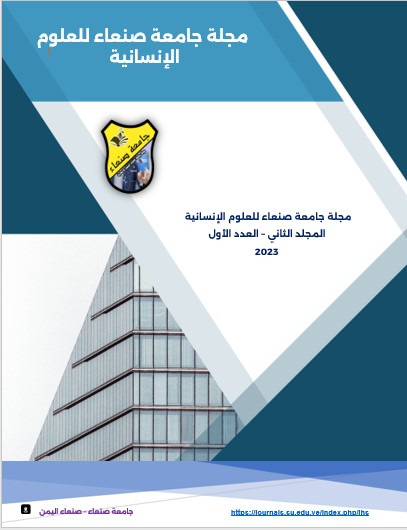The obligation to wash the martyr of the battle between negation and affirmation
Main Article Content
Abstract
This study addresses the search for the reason why not washing the martyr battle, and why al-Ḥasan al-Baṣrī and Saʿīd b. al-Musayyab disagreed with the majority of Islamic jurists; they said the martyr battle to be washed. In order for the researcher to answer these two questions and others, after studying the definition of death and its causes, and the general position of Islamic jurisprudence regarding dealing with the dead body, he is having extrapolated the definition of martyrdom among linguists and jurists, studying the history of washing the martyr, beginning with the Prophet’s era, and the battles that took place in it; leading to the martyrdom of the Companions, and through what happened in the days of The Four Righteous Caliphs, during which wars and assassinations took place, as well as in the era of the Followers, and ending with the era of the emergence of Islamic madhāhib, that is, the researcher addresses the problem through the roles of the four main schools of Fiqh (Islamic jurisprudence).
The researcher tries to read the texts and what is behind the texts, and, to the extent possible, tries to finalize the whole picture of the issue of washing the martyr. The researcher believes that he answered several questions, and came out with results that may remove the confusion in this issue, as well as the inconsistency and ambiguity among certain prophetic sayings and facts.
One of the most important results , in this study is: Washing the martyr is obligatory, because it is a principal. If water is available, then the martyr should be washed. And washing is impossible, due to the lack of water, the state of war or other impediments, then the wash becomes invalidated.
Downloads
Article Details

This work is licensed under a Creative Commons Attribution-NonCommercial-NoDerivatives 4.0 International License.

